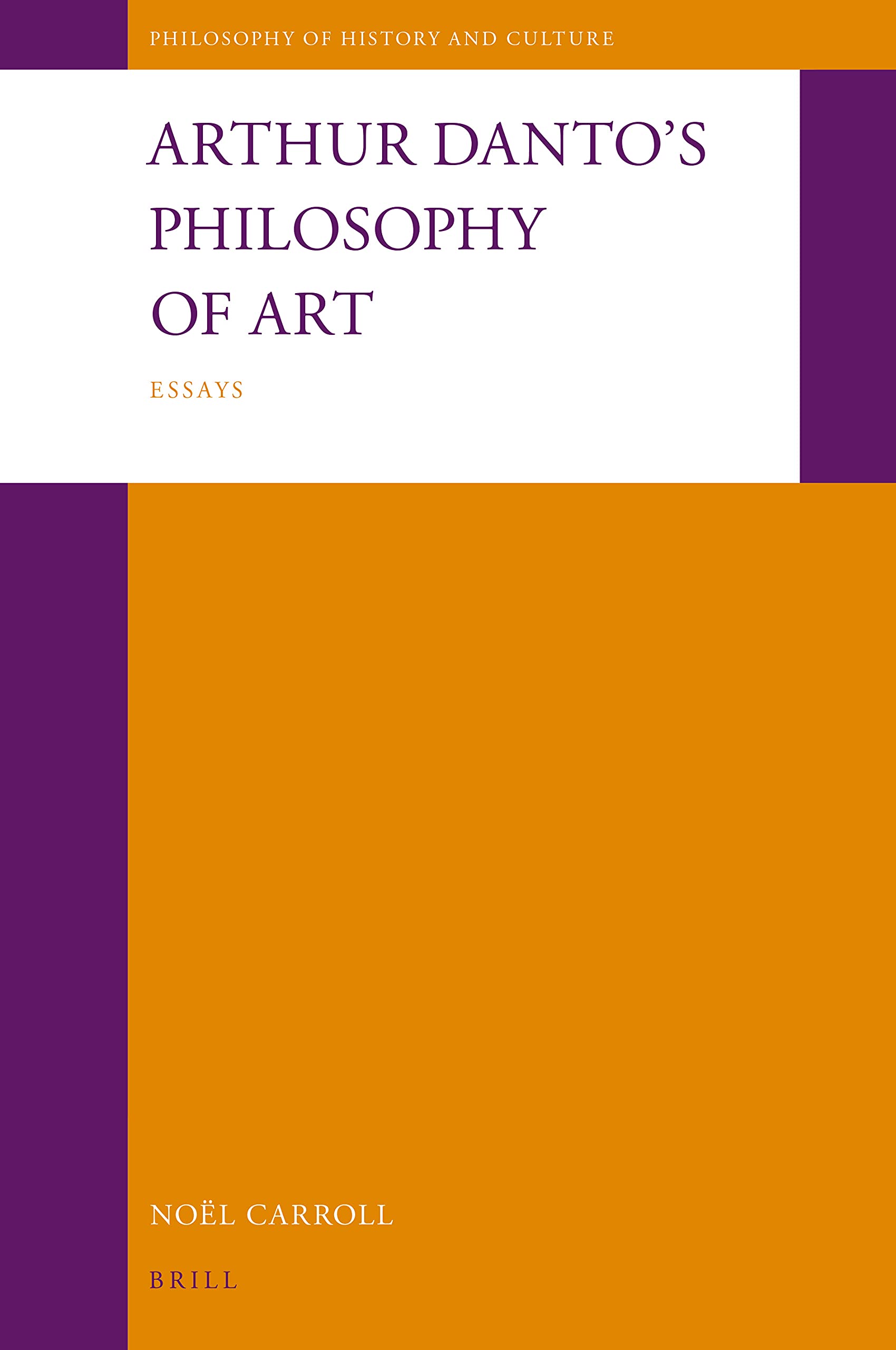

Arthur Danto's Philosophy of Art: Essays
Noël Carroll, The City University of New York.
From the nineteen-eighties on, Arthur Danto was the most significant art critic and philosopher of art in world. This book provides a comprehensive, systematic view of his philosophy and criticism including his views in relation to not only painting and sculpture but to cinema and dance.
Publisher
BRILL
Publication Date
7/8/2021
ISBN
9789004468351
Pages
240
Categories
About the Author

Noël Carroll
Noël Carroll (born 1947) is an American philosopher considered to be one of the leading figures in contemporary philosophy of art. Although Carroll is best known for his work in the philosophy of film, he has also published journalism, works on philosophy of art generally, theory of media, and also philosophy of history.
As of 2012, he is a distinguished professor of philosophy at the CUNY Graduate Center. He holds PhDs in both cinema studies and philosophy. As a journalist, earlier in his career he published a number of articles in the Chicago Reader, Artforum, In These Times, Dance Magazine, Soho Weekly News and The Village Voice. He is also the author of five documentaries.
Perhaps his most popular and influential book is The Philosophy of Horror, or Paradoxes of the Heart (1990), an examination of the aesthetics of horror fiction (in novels, stories, radio and film). As noted in the book's introduction, Carroll wrote Paradoxes of the Heart in part to convince his parents that his lifelong fascination with horror fiction was not a waste of time. Another important book by Carroll is Mystifying Movies (1988), a critique of the ideas of psychoanalyst Jacques Lacan, Marxist philosopher Louis Althusser and the semiotics of Roland Barthes, which has been credited with inspiring a shift away from what Carroll describes as the "Psycho-Semiotic Marxism" that had dominated film studies and film theory in American universities since the 1970s.
As of 2012, he is a distinguished professor of philosophy at the CUNY Graduate Center. He holds PhDs in both cinema studies and philosophy. As a journalist, earlier in his career he published a number of articles in the Chicago Reader, Artforum, In These Times, Dance Magazine, Soho Weekly News and The Village Voice. He is also the author of five documentaries.
Perhaps his most popular and influential book is The Philosophy of Horror, or Paradoxes of the Heart (1990), an examination of the aesthetics of horror fiction (in novels, stories, radio and film). As noted in the book's introduction, Carroll wrote Paradoxes of the Heart in part to convince his parents that his lifelong fascination with horror fiction was not a waste of time. Another important book by Carroll is Mystifying Movies (1988), a critique of the ideas of psychoanalyst Jacques Lacan, Marxist philosopher Louis Althusser and the semiotics of Roland Barthes, which has been credited with inspiring a shift away from what Carroll describes as the "Psycho-Semiotic Marxism" that had dominated film studies and film theory in American universities since the 1970s.
Questions & Answers
Reader Reviews
Loading comments...